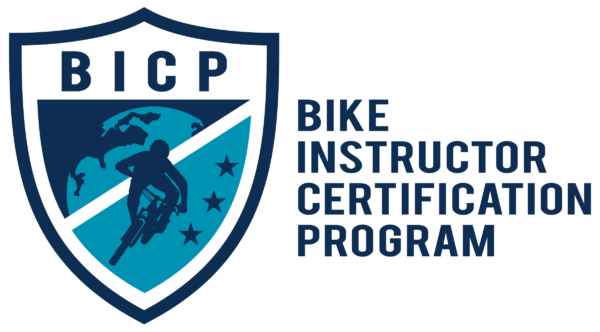BIKE INSTRUCTOR CERTIFICATION PROGRAM,
A NON-PROFIT CORPORATION
Conflict of Interest Policy
A conflict of interest is defined as an actual or perceived interest by a staff or board member in an action that results in or has the appearance of resulting in, personal, organizational, or professional gain. Officers and board members are obligated always to act in the best interest of the organization. This obligation requires that any officer or board member, in the performance of organization duties, seek only the furtherance of the organization’s mission. At all times, officers and board members are prohibited from using their job title or the organization’s name or property, for private profit or benefit.
In implementing this policy:
A. The officers and board members of the organization should neither solicit nor accept gratuities, favors, or anything of monetary value from contractors/vendors. This is not intended to preclude bonafide organization fundraising activities.
B. No officer or board member of the organization shall participate in the selection, award, or administration of a purchase or contract with a vendor where, to his or her knowledge, any of the following has a financial interest in that purchase or contract:
(a) The officer or board member;
(b) Any member of their immediate family;
(c) Their partner;
(d) An organization in which any of the above is an officer, director or employee;
(e) A person or organization with whom any of the above individuals is negotiating or has an arrangement concerning prospective employment.
C. Disclosure–Any possible conflict of interest shall be disclosed by the person or persons concerned to the organization’s board of directors.
D. Board Action–When a conflict of interest is relevant to a matter requiring action by the board of directors, the interested person(s) shall call it to the attention of the board of directors and said person(s) shall not vote on the matter. In addition, the person(s) shall not participate in the final decision or related deliberation regarding the matter under consideration. When there is a doubt as to whether a conflict exists, the matter shall be resolved by a vote of the board of directors, excluding the person(s) concerning whose situation the doubt has arisen. If, as a result of the person(s) being obligated not to participate in any decision in which a potential conflict may exist, the board of directors is unable to act due to a lack of a quorum, the possibly conflicted directors may participate having fully disclosed the potential conflict, but any subsequent decision to be taken by the board of directors must be fair and reasonable to the organization having regard to all relevant circumstances.
E. Record of Conflict–The official minutes of the board of directors shall reflect that the conflict of interest was disclosed and the interested person(s) did not participate in the final discussion or vote and did not vote on the matter or, where a quorum was required, that they did so vote and participate but the board believed that its actions were fair and reasonable to the organization having regard to all relevant circumstances.
